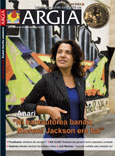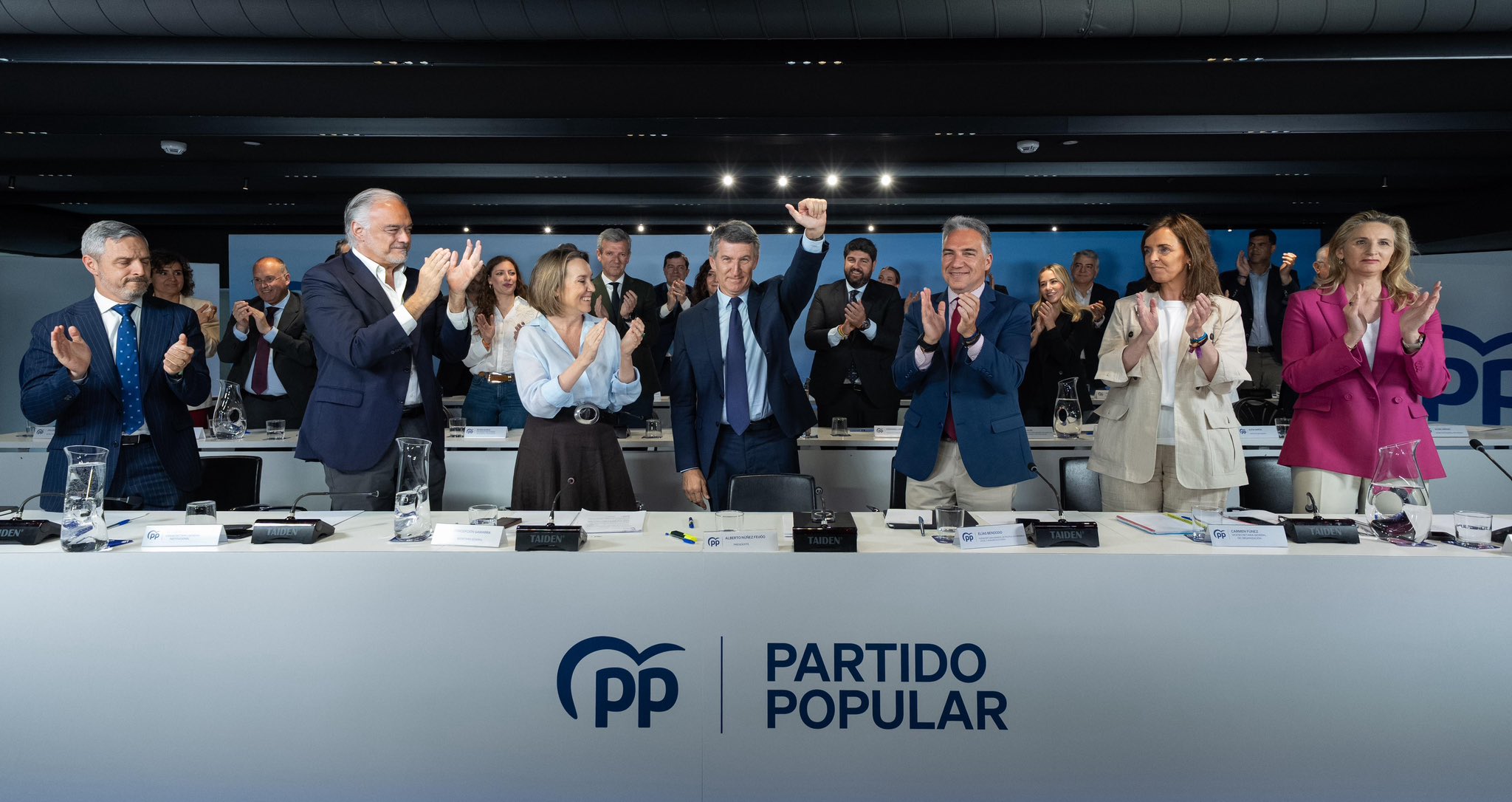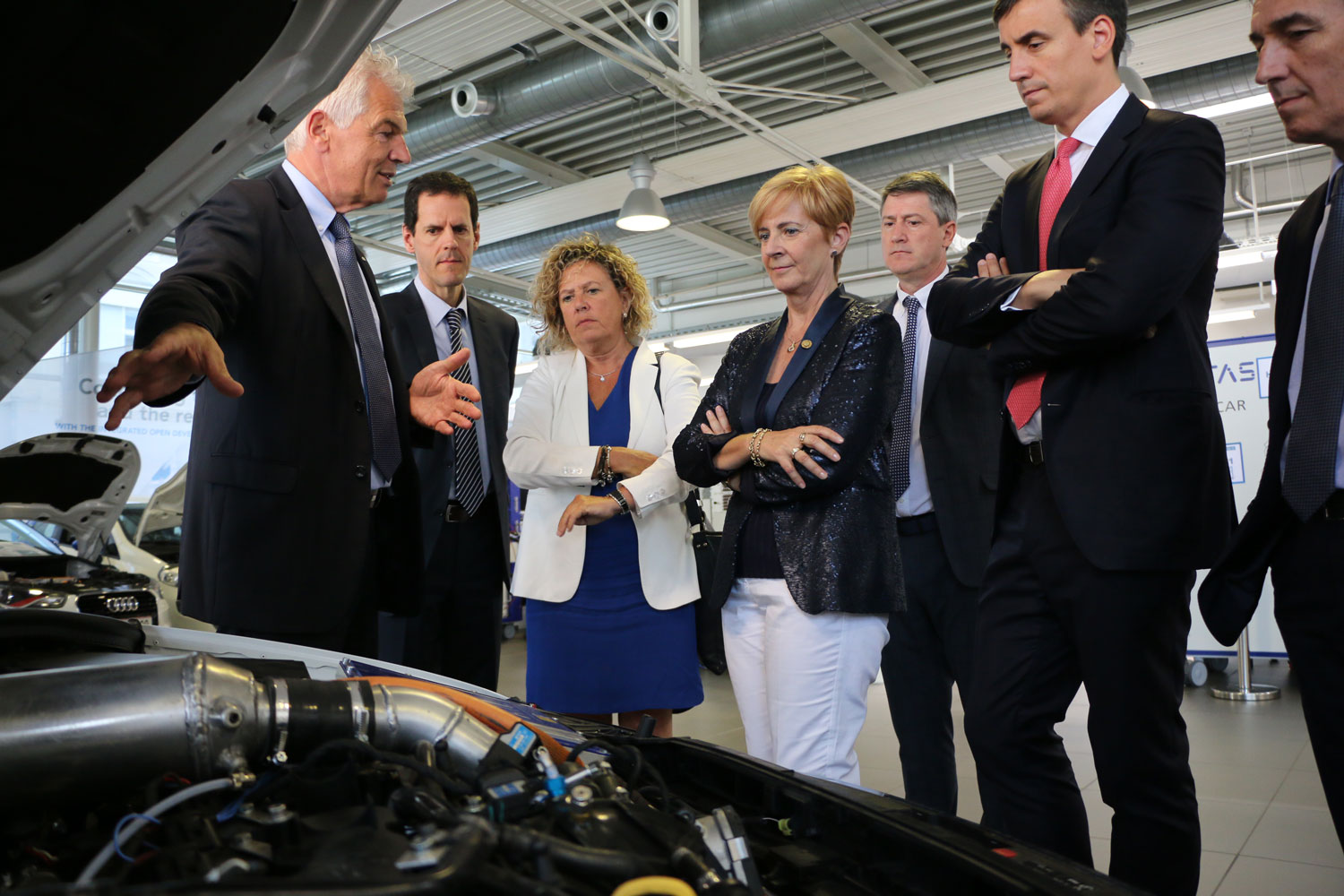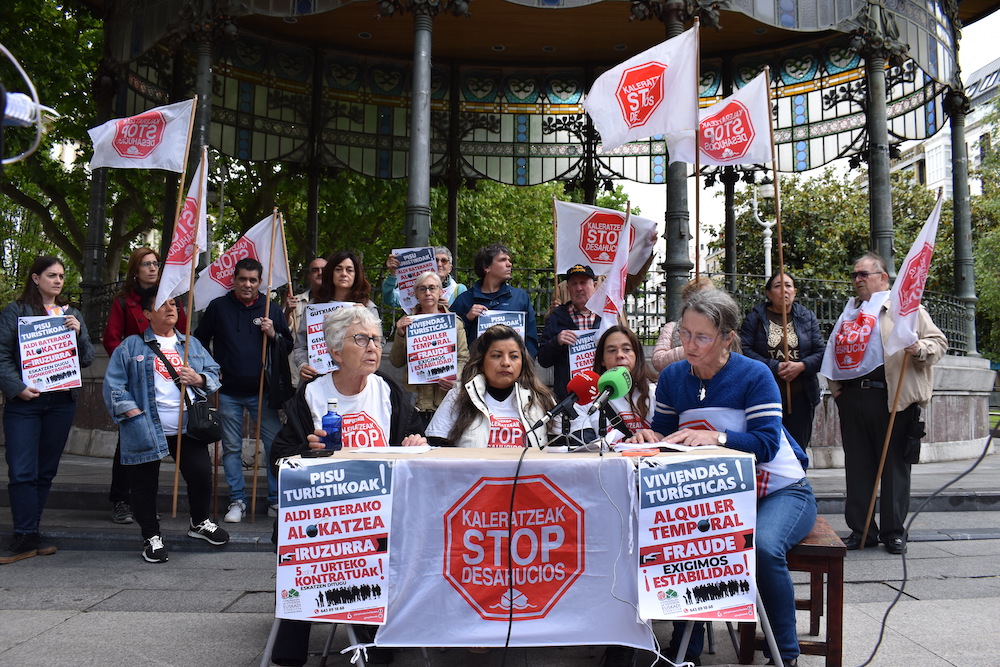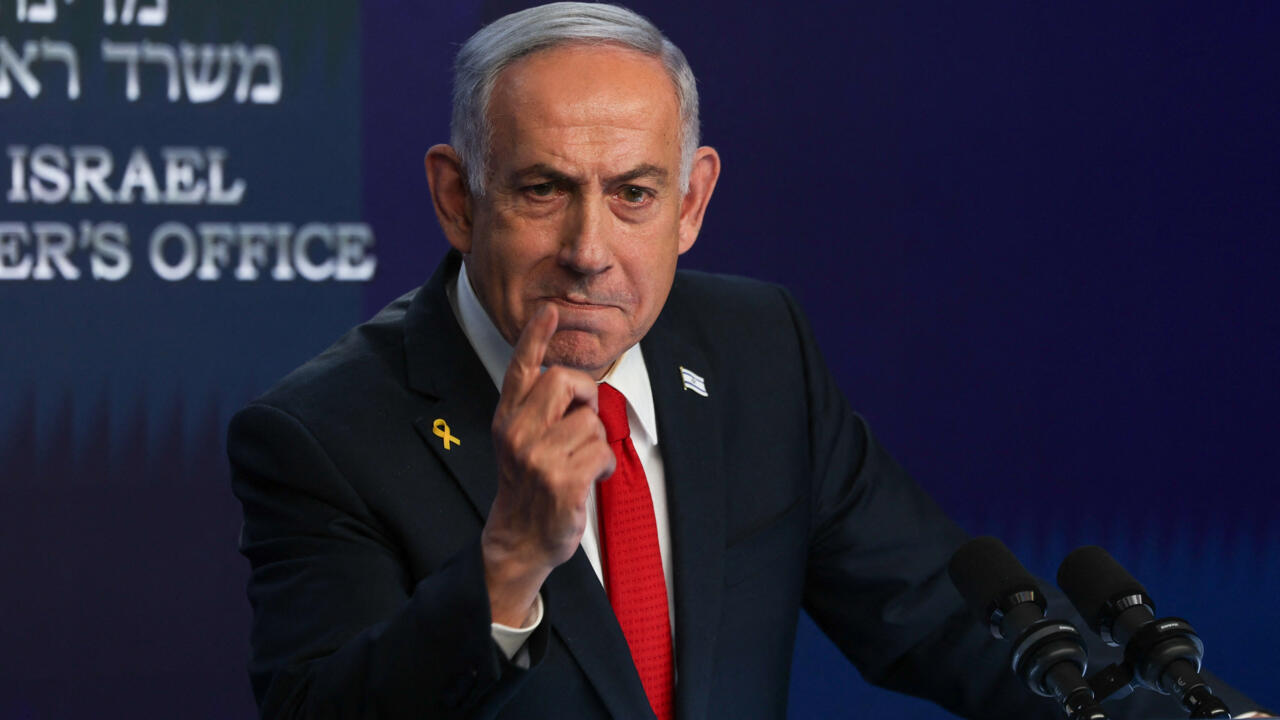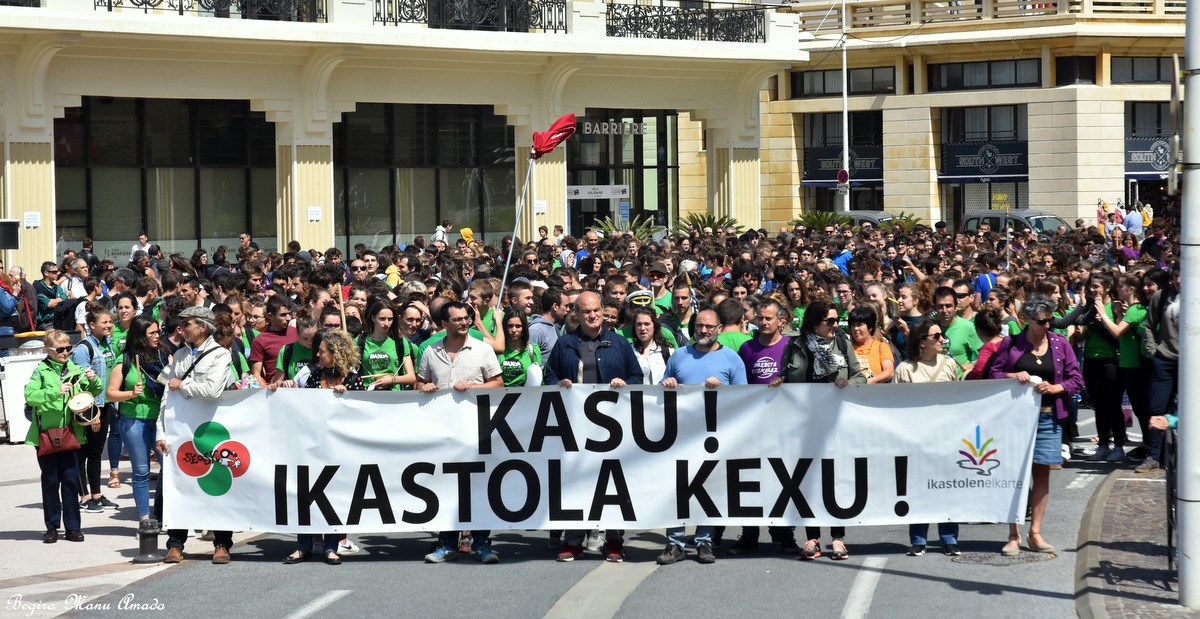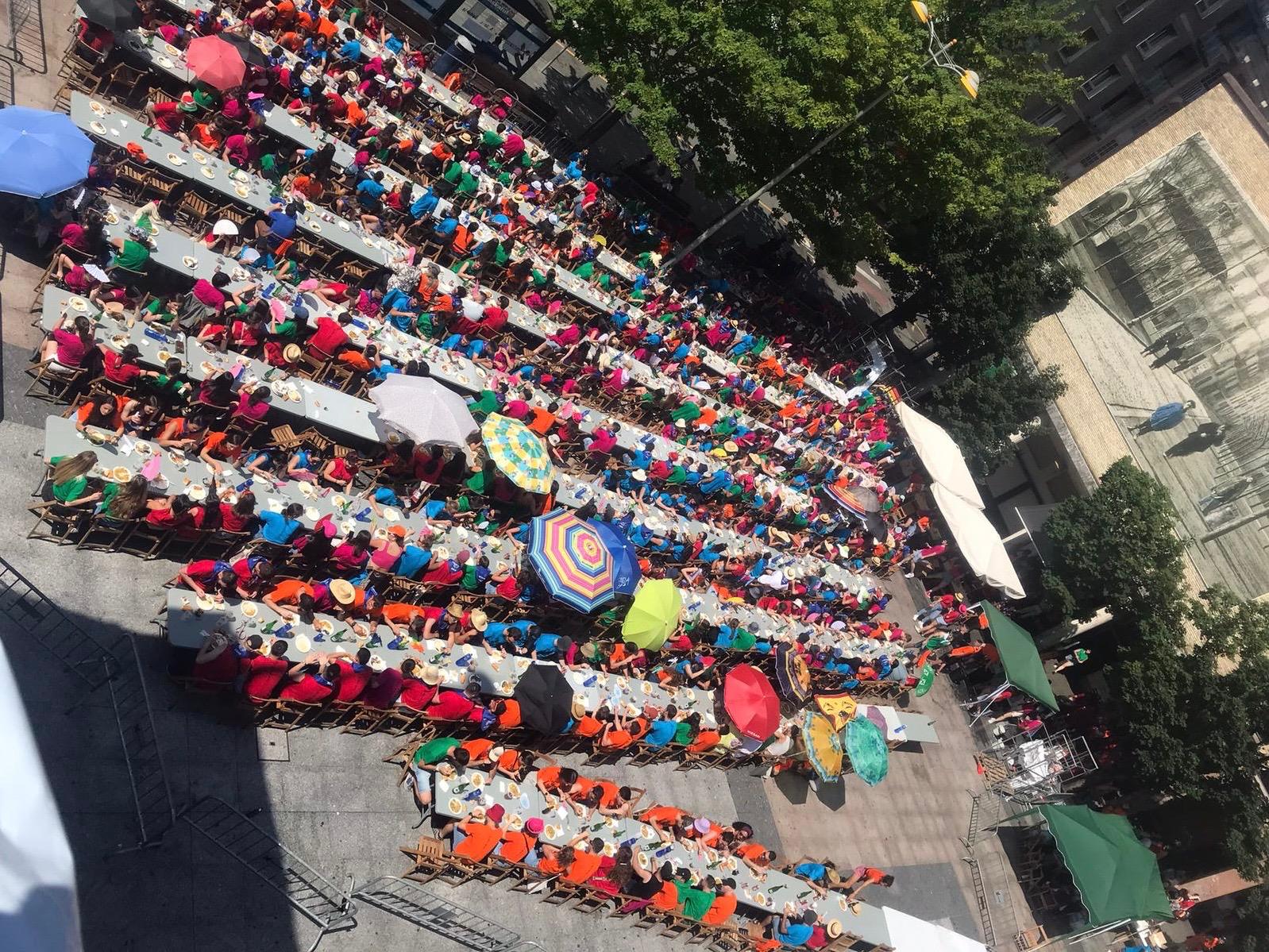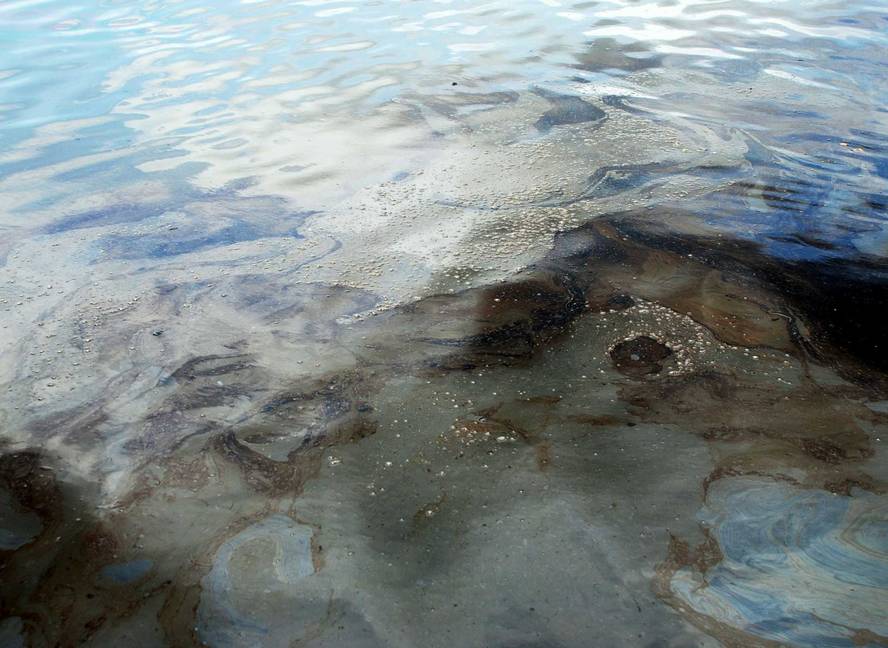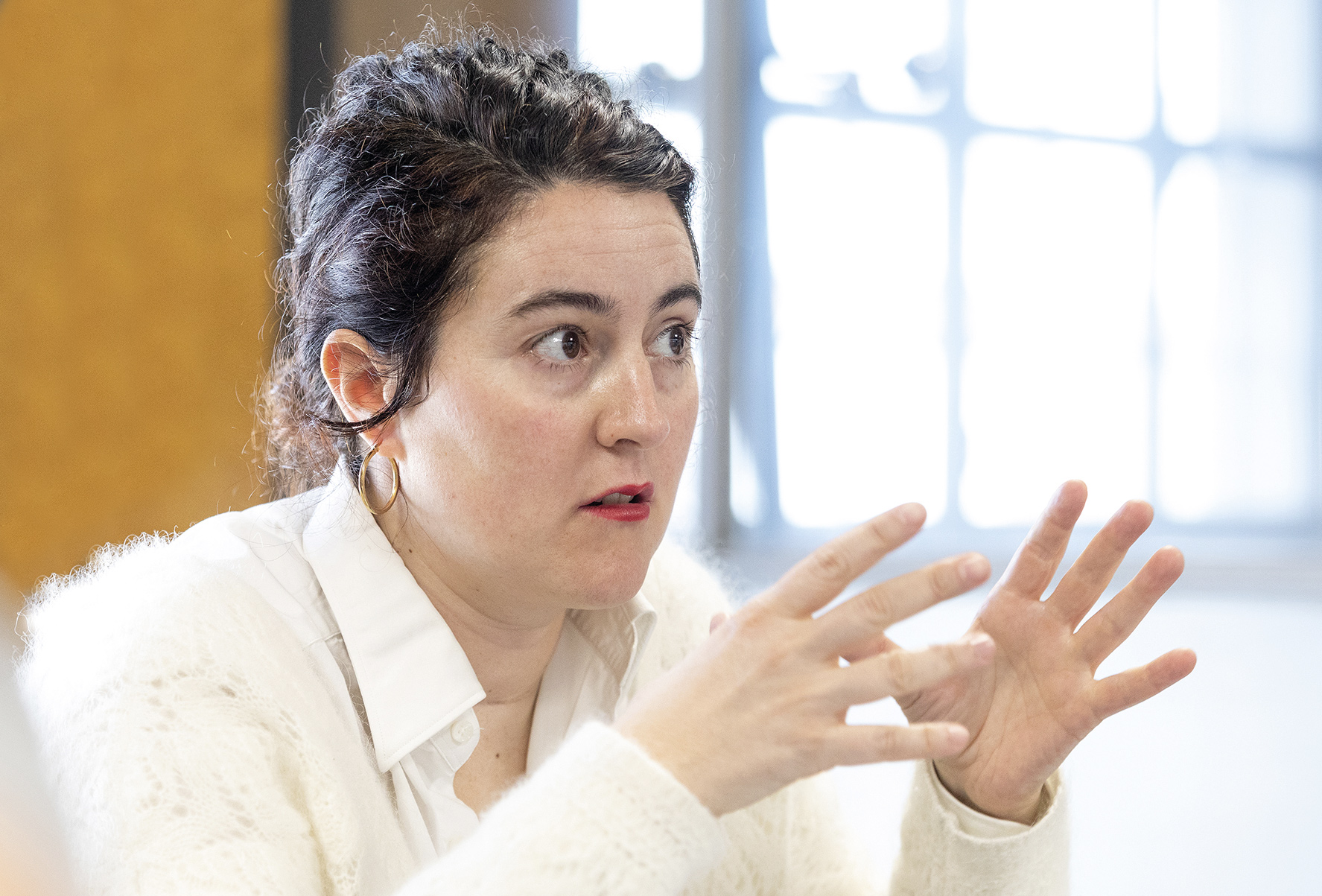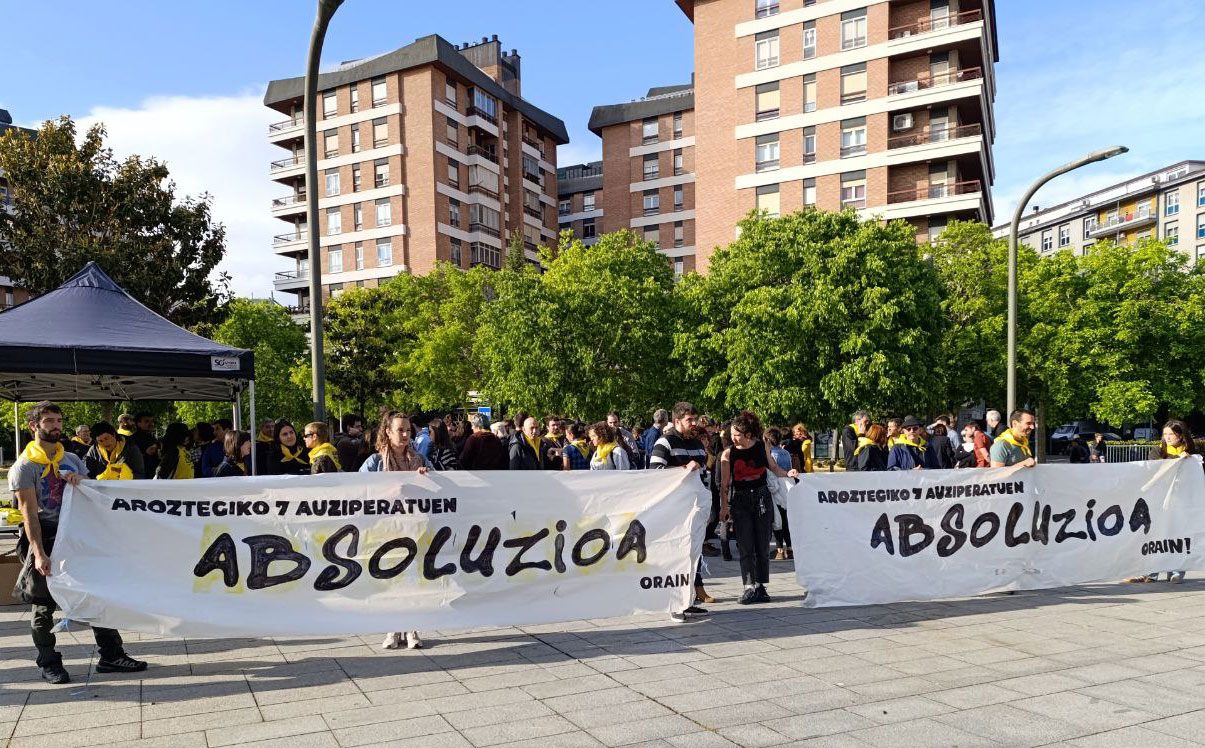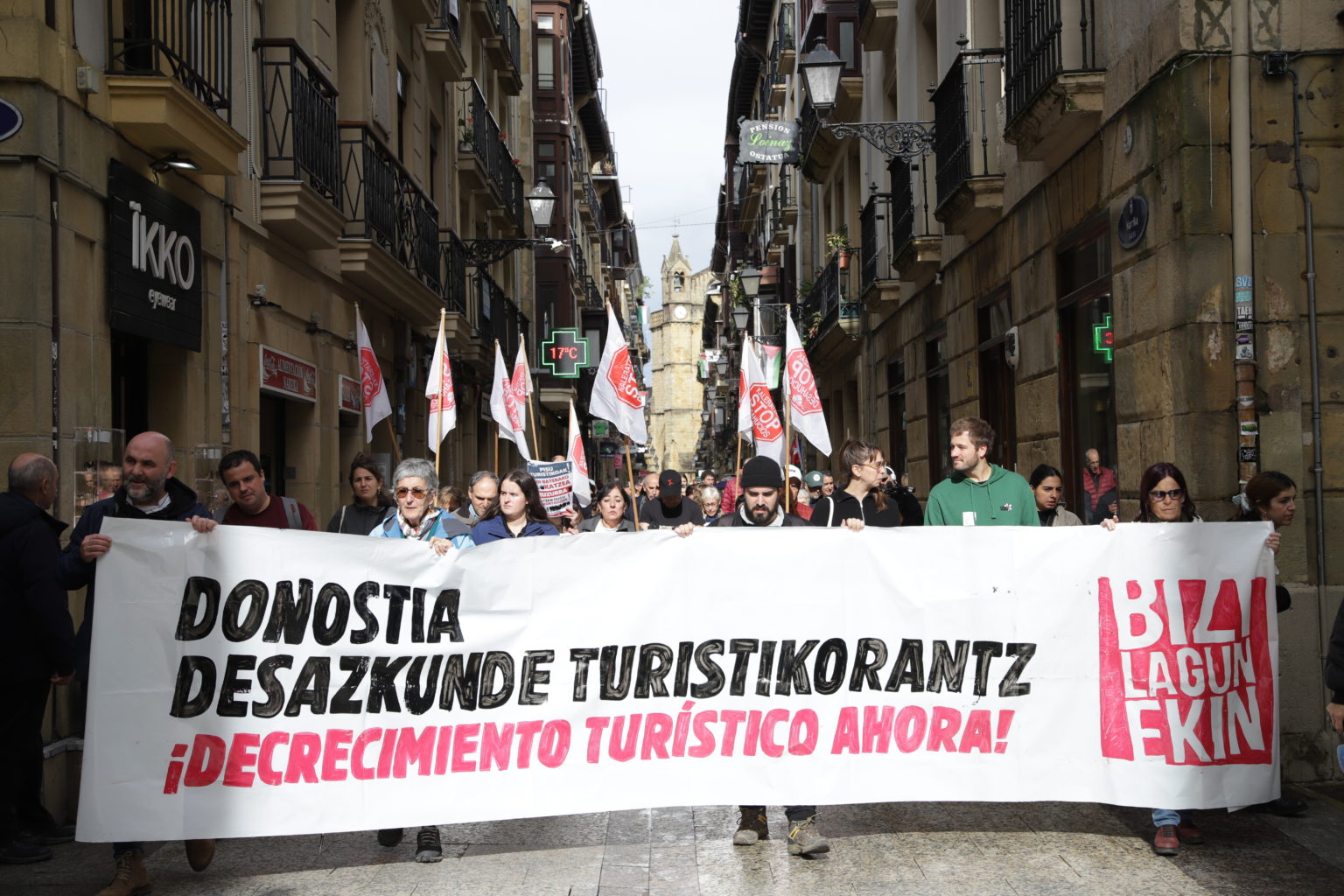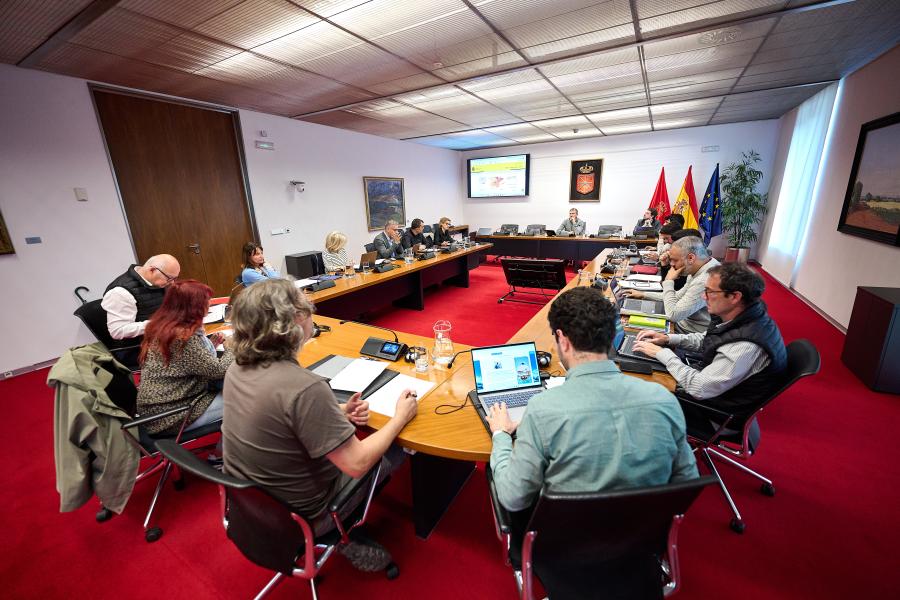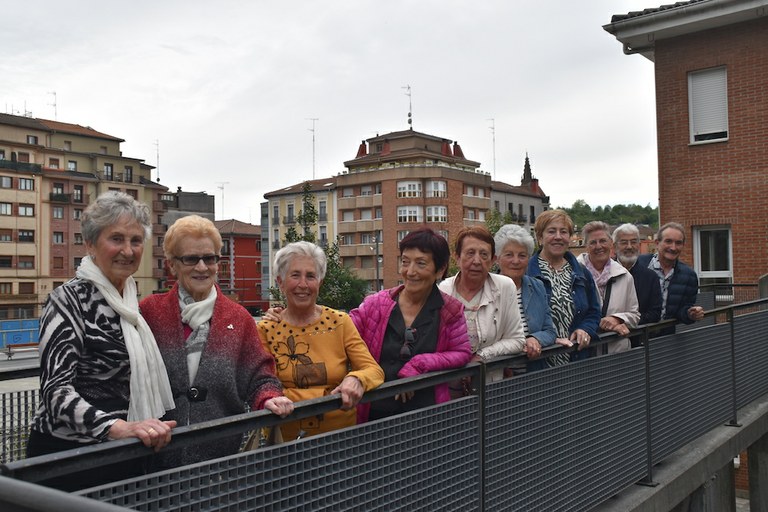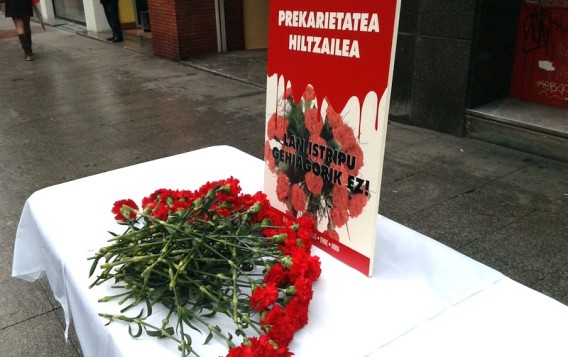NaBai, the risks of flexibility
- Among many nationalist citizens of Navarre, it is believed that NaBai has contributed a lot, perhaps too much, to the negotiations with the PSN. The events that took place in the City Council of Pamplona and during the presidency of the Bureau of the Parliament of Navarre are the most significant events of this imagination, but in general, throughout the negotiation the PSN has constantly sent the public opinion with the situation under control and control. And at the same time, in his immense effort, NaBai has also become too dependent on PSN for society.
More specifically, the achievements should have clear results in at least three broad areas. One is the significant reorientation of budgets in the social sphere towards public areas, especially health, education and welfare. Two, in the field of Basque language and culture, especially from 1999 until today to stop the aggression imposed by the UPN –with the excellent support of the PSN– and to channel the linguistic policy linked to the wishes of the population. Three, in the field of symbols, there is no persecution for citizens or institutions to go out with symbols that they feel are most represented.
After San Fermín, Parliament must either choose a new government or repeat the elections. Even if the second option is far away, anything is possible. At least for now, Zapatero has managed to ease Raxoi’s pressure on the Government of Navarre during the general debate in Congress. Even an attack by ETA would undoubtedly complicate the agreement and nothing to say if it were in Navarre.
The fact that PRESIDENT iBARRETXE and the leaders of the PSE-EE observe signs of crime in public relations with members of the Union is only a reflection of the perverse political situation created by the Law of the Parties. From the same chain, José Luis Rodríguez Zapatero should also be closely involved in dialogue and negotiation sessions with both the Union and ETA.
Being a position authorized by the Spanish Congress, some judges are using the Law of the Parties promoted by the Spanish Congress itself to generate contradictions in political activity.
From the point of view of political rights, this is as absurd and denounceable as other questions that have previously been opened to the Union in the exercise of the Party Law; from the point of view of the political
moment, judges who want to take advantage of this situation to the court and take President Ibarretxe to court. It is only a matter of images, because in that image one power is clearly represented as dominating another, because today at least it is not foreseen that there will be any punishment at the end.Ibarretxe
is caught in the middle of the quartet’s exhaustion accounts with the oral trial. He has made his position on the trio clear and has even revealed some clues about his candidacy for the fourth term. But first, it will have to define at least two questions: one, what will happen to the Ibarretxe plan after the failure of the last negotiating session of the peace process; and two, whether the popular consultation envisaged in that plan will take place during this legislature or not. He's got two years left.
The day after the elections, on 27 May, they all agreed on two conclusions: the first is the usual one, which is that one has won; the second is that a much more complicated political map is formed. And much more complicated this means that the tasks of government formation and subsequent political action will also be seriously hampered. But it seems that the parties, especially the main ones, find it difficult to accept this.
In a very plural country, not everything can be homogeneous: The government, the deputations, the city councils... and here it has been quite homogeneous for many years. Even too much. Welcome changes, as long as they are a reflection of the will of the citizens.
PPk Senatuan proposatu du, gainera, euskal preso politikoek damua erakutsi behar izateko xantaia areagotzea.
Maiatzaren 22an EAEko Legebiltzarrak mila milioi euro zorpetzeko lege proiektua onartu du “zientzian, teknologian, enpresan eta industria sektorean eragiteko”. Naiz hedabideak jakitera eman duenez, Eusko Jaurlaritzak KPMG Asesores SL enpresari eskatu dio plana... [+]
Donostiako Parte Zaharreko maizter batek 11 hilabeterako alokairu kontratua bost urterako legezko kontratu bihurtzea lortu du.
Washingtonen Israelek duen enbaxadako bi langile tiroz hilda agertu eta gero egin ditu adierazpenak Netanyahuk. Israelgo Gobernuak zuzenean lotu ditu Washingtongo erasoak eta Europako zenbait gobernuburuk Gazako sarraskiaren aurka egindako adierazpenak.
Mireia Centeno Gutierrez psikopedagogoak haurren elikaduraren inguruko zenbait gako eman ditu; hala nola jatera behartzeak eta jakiak debekatzeak dituen ondorioak aipatu ditu.
The defendants testified on Thursday, and their statements could be summarized as follows: The citizens who gathered in the square of legumes or in the camping area decided collectively what to do, in general, to go to the field of the works and put them passively in... [+]









